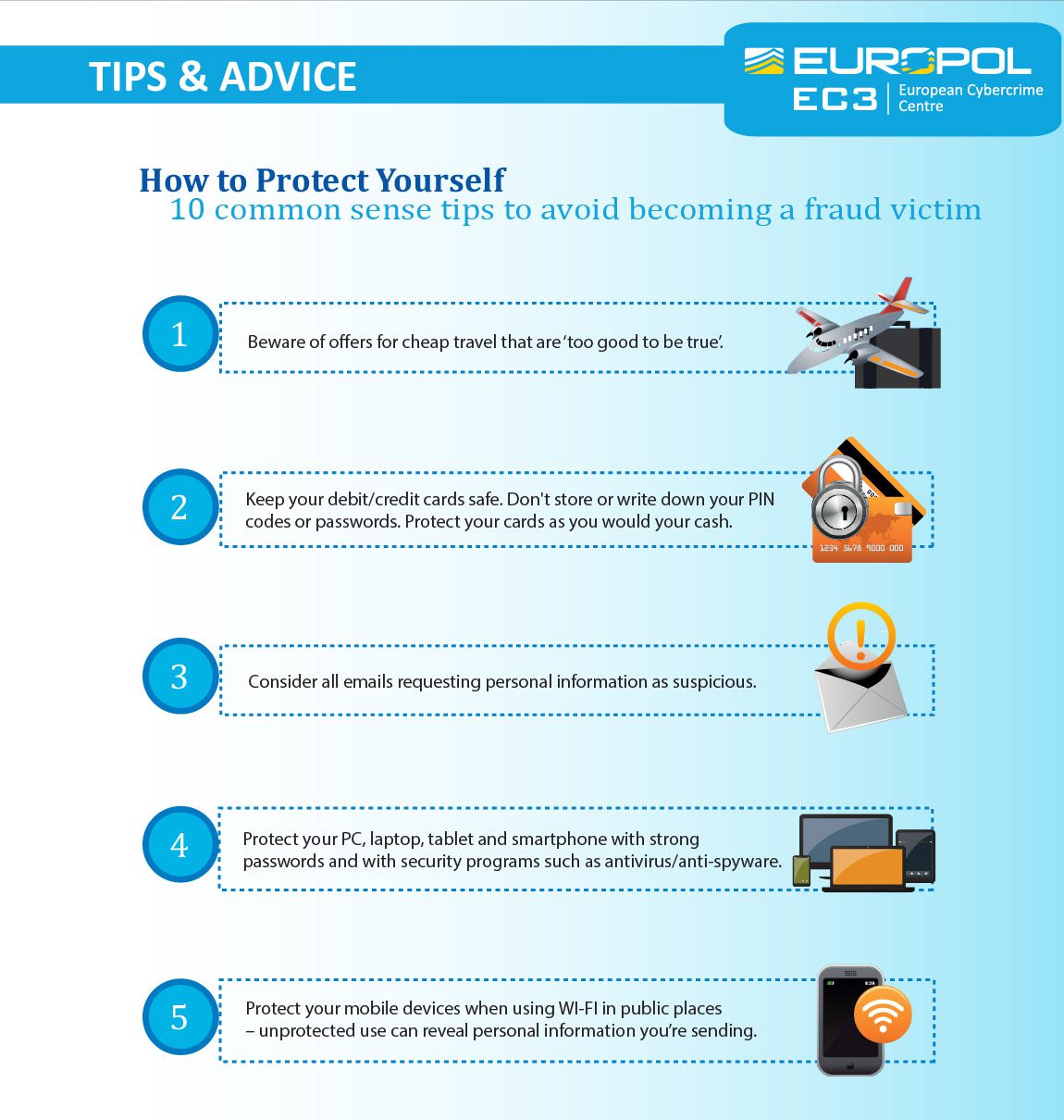It’s crucial to protect yourself from cybercrime in today’s digital world. This article lists 10 ways to safeguard against becoming a victim. First, keeping your software up to date is essential to patching any security flaws. Next, use strong, unique passwords for each account, and beware of phishing scams. Two-factor authentication and using a VPN on public Wi-Fi networks can also add an extra layer of security. Protect your personal information by being cautious of what you share online, and regularly back up your data. Use anti-virus software, be cautious of downloads, and stay informed on the latest cybercrime threats and trends.
10 Ways to Protect Yourself from Becoming a Victim of Cyber Crime
1. Keep Your Software Up to Date
One of the easiest ways to protect yourself from cybercrime is to keep the software on your devices up to date. Hackers often target known vulnerabilities in outdated software, so by keeping your programs current, you can patch any security flaws that may have been present in earlier versions.
2. Use Strong Passwords
While it may be tempting to use the same password for all of your accounts, doing so can make you an easy target for cyber criminals. Instead, use strong passwords that are unique for each site or service you use. Passwords should be complex, with a mix of upper and lowercase letters, numbers, and symbols.
3. Beware of Phishing Scams
Phishing scams are a common tactic used by cyber criminals to steal personal information. Be wary of emails or messages that ask you to click on links or download attachments. Look for signs of a scam, such as misspellings or unusual request, and never give out your personal information online.
4. Use Two-Factor Authentication
Two-factor authentication adds an extra layer of security to your accounts by requiring you to provide two forms of identification to log in. This could include a password and a one-time code sent to your phone or email. By using two-factor authentication, you can make it much harder for cyber criminals to access your accounts.
5. Be Careful on Public Wi-Fi
Public Wi-Fi networks can be a breeding ground for cybercrime. Hackers often use these networks to intercept and steal personal information. Avoid using public Wi-Fi for sensitive activities, such as online banking, and use a virtual private network (VPN) when possible to encrypt your data.
6. Protect Your Personal Information
Be careful about what personal information you share online. Avoid posting your full name, address, or other sensitive details on social media or other websites. Use privacy settings to control who can view your information, and be cautious when filling out online forms that ask for personal information.
7. Regularly Back Up Your Data
Backing up your important data is crucial in case of a cyber attack. If your data is backed up, you can recover it even if your device is compromised or stolen. Consider using cloud storage or an external hard drive to keep backups of your important files and documents.
8. Use Anti-Virus Software
Anti-virus software can help protect your device from malware and other malicious software. Make sure to keep your anti-virus software up to date, and run regular scans to check for any potential threats.
9. Be Cautious of Downloads
Be careful when downloading files or software from the internet. Only download from reputable sources, and be sure to scan any downloads with anti-virus software before opening them. Avoid downloading anything that seems suspicious or too good to be true.
10. Stay Informed
The world of cybercrime is constantly changing, and it’s important to stay informed. Follow reputable news sources and websites that cover the latest threats and trends in cybercrime. Take advantage of resources such as online security courses or webinars to stay up to date on best practices for online safety.
Conclusion
While the threat of cybercrime can be intimidating, there are many steps you can take to protect yourself. By following these 10 tips, you can make it much harder for cyber criminals to steal your personal information or compromise your device. Stay vigilant, stay informed, and keep your online activities secure.
